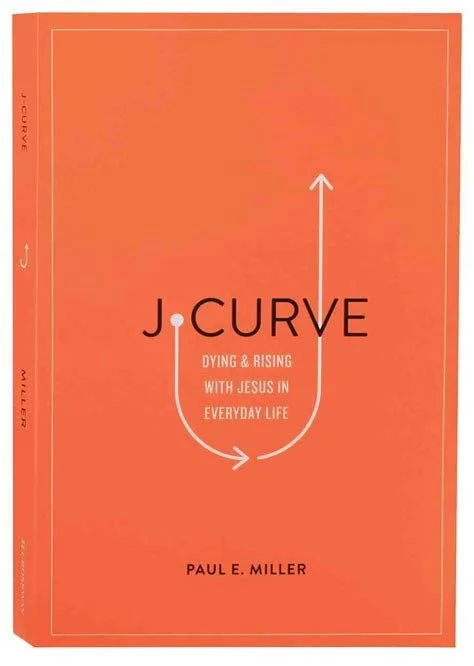Wednesday Night Small Groups
In March, April, and part of May- RPC’s small groups will be going through Paul Miller’s work, “J-Curve”. Below are questions for study- questions are updated weekly, so come back again!
Week 3: Chapter 5,6
Chapter 5: In Harvard
1. What struck you most about Paul Miller trying to get "in Harvard"?
2. How do you balance believing (faith) with becoming (love)? Paraphrase Paul's answer on page 52.
3. Paul talks about still trying to get "in Harvard" forty years after he graduated from college. What are you trying to get in?
4. Fill in your own "in Harvard" chart below.
In_______. In Jesus
Q. How do you get in your “Harvard”?
How do you get in Jesus? By Jesus's merit. That connects you with the Trinity, the family of Jesus. Based on the blood of Jesus, his merit, the Father invites you into his family. It helps to have good connections.
Q. Whose record matters in your “Harvard”?
Q: Whose record matters in Jesus? A: Jesus's
Q. What group lets you in your “Harvard”?
Q: What group lets you in Christ? The Trinity—the Father calls, the Son dies, the Spirit indwells.
Q. Who gets in your “Harvard”?
Q: Who gets in Jesus? Anyone who calls on the name of the Lord.
Q. Ceremony for admission in your “Harvard”?
Q: Ceremony of admission in Jesus? An open confession of faith plus baptism, where you reenact the dying and rising of Jesus.
5. In the chart above, what part of being "in Jesus" is most significant to you? Why?
6. Paul Miller writes that the apostle Paul "embodied in Christ when he turned in disgust from his seven boasts and was captured by the wonder of Jesus" (57). Discuss what it might look like to turn from some of your own boasts.
Chapter 6: In Sports or In Christ?
1. What is the false narrative that enticed Emily Miller? What did it promise and not deliver?
2. What role did prayer play in Paul Miller's perspective on Emily's situation (63)?
3. Reflect on a false narrative in your life. What does it promise?
What does it deliver? How would you feel if you abandoned that narrative?
4. The field hockey mom simply wanted to protect her daughter from suffering. In what ways is this good and appropriate? In what ways could it be spiritually harmful?
5. What do you do to insulate yourself and your loved ones from suffering?
6. Paul explains that the J-Curve "offers sanity and stability to our emotions" (64). Where in your life do your emotions need that sort of stability?


